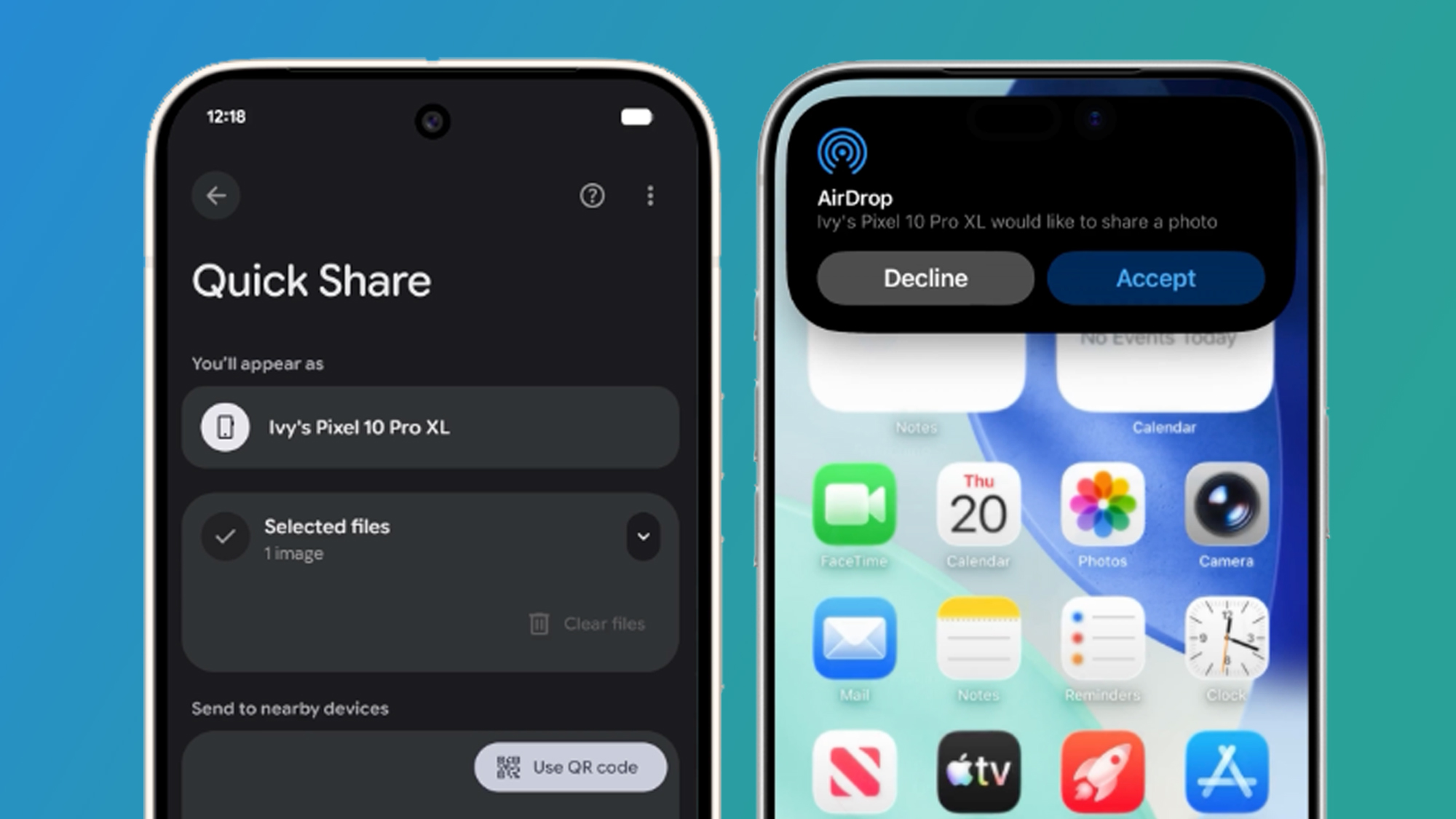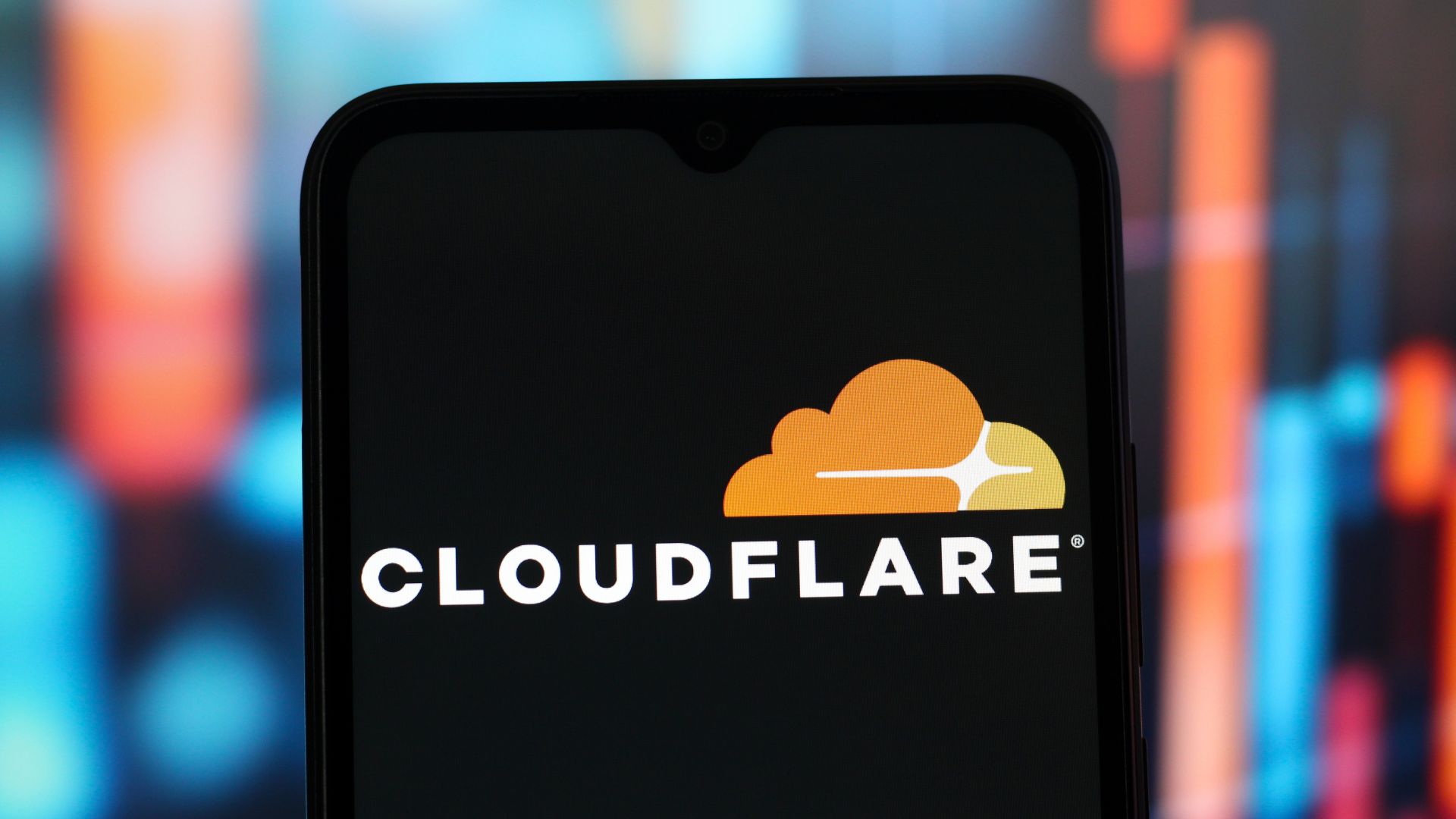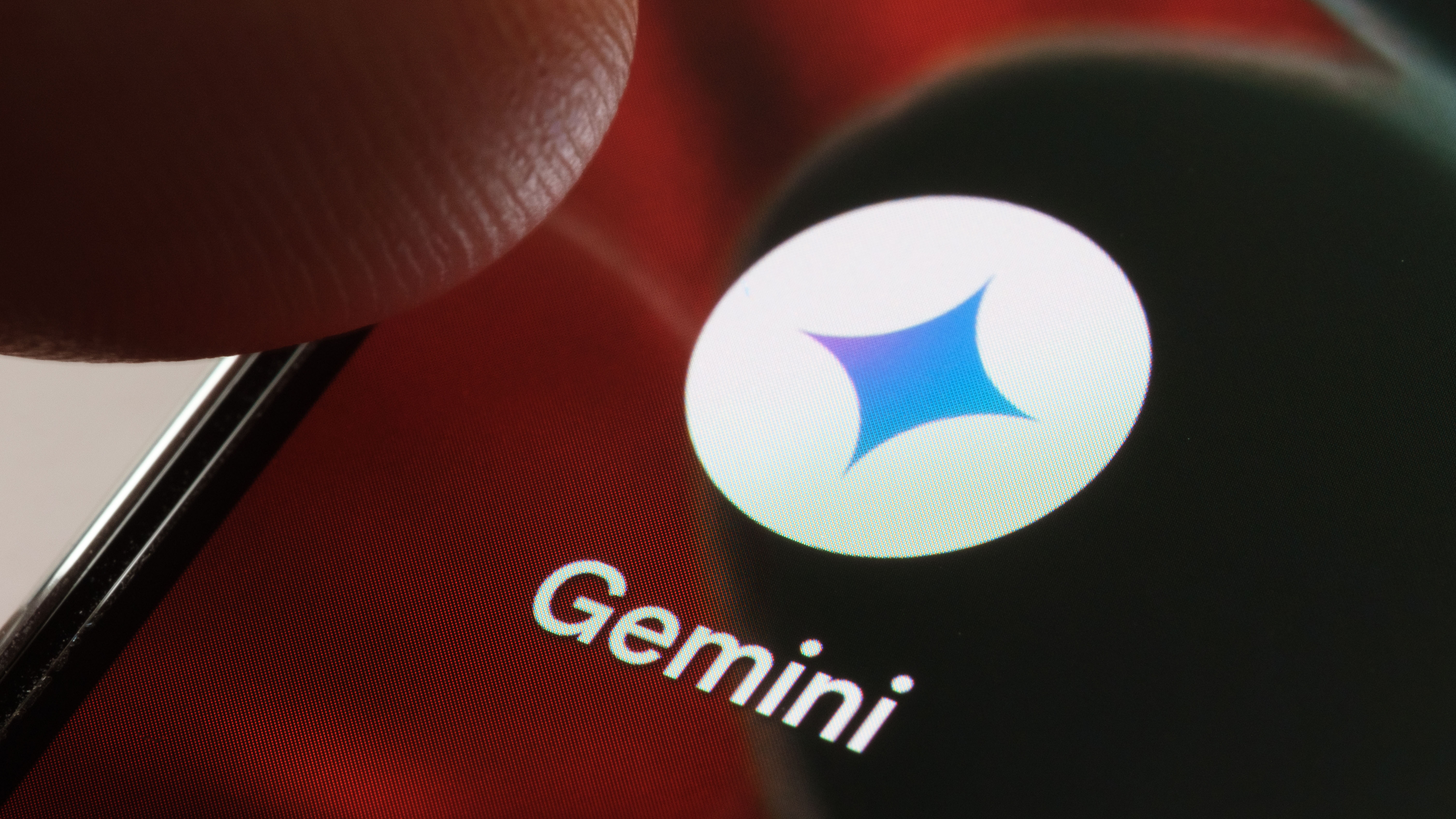The world of technology never sleeps and it can be difficult to keep up with the latest advancements. But if you’re feeling a little behind on the news, you’re in the right place. Our ICYMI (In Case You Missed It) roundup covers all the biggest tech stories from the last seven days and gets you up to speed in just a few minutes.
And what a week it’s been: big surprises from Apple and Google, a massive Cloudflare shutdown that took away half the Internet, the latest rival to take on ChatGPT, and much more. So get ready for a delicious digital digest that will keep you informed before you can say “AirDrop works with Android”…
7. Black Friday started early

The Black Friday discount extravaganza is scheduled to begin on November 28, but what’s a fixed date on the calendar when you can start posting deals in advance? That seems to be the attitude of retailers, and if that means you can get serious savings without having to wait, that’s fine with us too.
We’ve been tracking the latest sales and picking out the best discounts on our live blog pages, so be sure to check them out below if you’re looking for a deal or two. From appliances and smart home kits to laptops, headphones, smartwatches and more, deals can be found across the board.
6. Apple and Google named best apps of 2025

As the year comes to a close, Google and Apple (keepers of the Android and iOS app stores) begin handing out awards for their favorite apps from the last twelve months. This year was no different: both companies announced their shortlisted winners within a day of each other.
Google was first and revealed that Hank Green’s Focus Friend is its best app of the year. Other names honored included Luminar, Edits, Wiser and Pingo, with many more receiving recognition for their efforts in the Android ecosystem.
A day later it was Apple’s turn, and the company went all out by nominating 45 apps and games across a wide range of categories, each of which had three winners. BandLab, Ladder and Tiimo took first place as joint winners of App of the Year, and they were joined by apps created for iPad, Mac, Vision Pro, Apple Watch, Apple TV and more.
5. We tested the Nano Banana camera

It’s safe to say that in our current era, if there is a technological device, someone has introduced artificial intelligence (AI) to it. This is as true for the Caira camera as anything else, but in this case the end result is something you might want to use.
In fact, it’s more than that, as the Caira is an excellent camera bolstered by in-camera AI editing intelligence powered by Google’s Nano Banana model. The device magnetically attaches to your iPhone, works with real DSLR lenses, and features a dedicated Sony sensor. The real intrigue comes after capturing an image, when you can enter a command into an AI prompt window and have the built-in intelligence edit your images to your needs.
We tested it and were impressed with its capabilities – this is not a cheap toy that you will quickly get bored of. But is it enhancing your creativity or just taking over? That’s something we can’t quite decide.
4. Disney and YouTube TV settled their differences

In October, a number of Disney-owned channels began disappearing from YouTube TV, as a result of the two companies failing to reach an agreement on a new streaming deal. Now, however, that’s a thing of the past, and like two old friends making up after a nasty dispute, it’s all a thing of the past.
Earlier this week we noticed that Disney channels had returned to YouTube TV, all thanks to Disney and YouTube signing a multi-year deal to get things back to the way they should be. There was even a pleasant surprise in the mix: ESPN Unlimited.
Simply put, YouTube TV subscribers now have access to ESPN Unlimited, including premium content like live WWE events. That wasn’t available to YouTube TV members before Disney and YouTube’s temporary split, proving that good things can come from bad breakups.
3. Google somehow made Android work with AirDrop

If there’s one thing we know about Apple, it’s that the tech giant doesn’t like to share. It prefers to keep its proprietary technologies to itself, so it was a big surprise to hear this week that Google had found a way to make its Quick Share feature work with Apple’s AirDrop.
That means you can now send a file from your Android device and an Apple fan will be able to accept it using AirDrop on their iPhone. And all of this was apparently done without Apple’s direct involvement – and possibly even without its knowledge.
We can’t imagine Apple will be too happy to be caught off guard like this, but there may actually be little it can do. For one thing, stopping Google’s new trick could be difficult to achieve from a technical standpoint. On the other hand, forcing Google to back down would likely attract the attention – and ire – of the European Union, which has been relentless in its desire to force Apple to give up the crown jewels of its ecosystem and make them available to its fiercest rivals.
There’s no way to know how this situation will play out, so we suggest you sit back, buckle up, and grab your popcorn.
2. Cloudflare caused us our last global outage

Even the most terminal of us online probably don’t give much thought to what keeps the Internet afloat, but the reality became clear this week when Cloudflare suffered a major outage, taking down dozens of websites and crippling our ability to rot our brains and post cat memes when we should be working.
In case you don’t know, Cloudflare offers a range of services for a wide range of websites, from image delivery to DDoS attack prevention and more. When Cloudflare crashed, users found they couldn’t connect to their favorite sites, including ChatGPT, X, Canva, and more.
After initially suspecting a cyberattack, Cloudflare revealed the true cause: a bug in its backend system caused a key file to double in size, which then automatically spread throughout Cloudflare’s network. Because the file was now larger than the software’s size limit, Cloudflare crashed, as did a large number of sites that depended on its services. As with the AWS outage in October, it was a fitting demonstration of how highly centralized the Internet has become and how risky that is.
1. Gemini 3 landed to take on ChatGPT 5.1

ChatGPT has been the number one AI chatbot practically since its launch, and while there have been many rivals, few have been able to seriously claim its crown. Google, however, hopes all that will change with the launch of the Gemini 3.
We decided to see if Gemini 3 could put its money where its mouth is, pitting it against ChatGPT in a variety of tests and challenges as part of TechRadar’s special AI Week. The result? A tie, with ChatGPT in the lead on some occasions and Gemini on others.
What was notable was how much both models had in common, and any differences seemed more like accents than radically different philosophies. If anything, it shows how far AI chatbots have come for ChatGPT’s reign to face such a glaring threat.
Follow TechRadar on Google News and add us as a preferred source to receive news, reviews and opinions from our experts in your feeds. Be sure to click the Follow button!
And of course you can also follow TechRadar on TikTok for news, reviews, unboxings in video form and receive regular updates from us on WhatsApp also.



